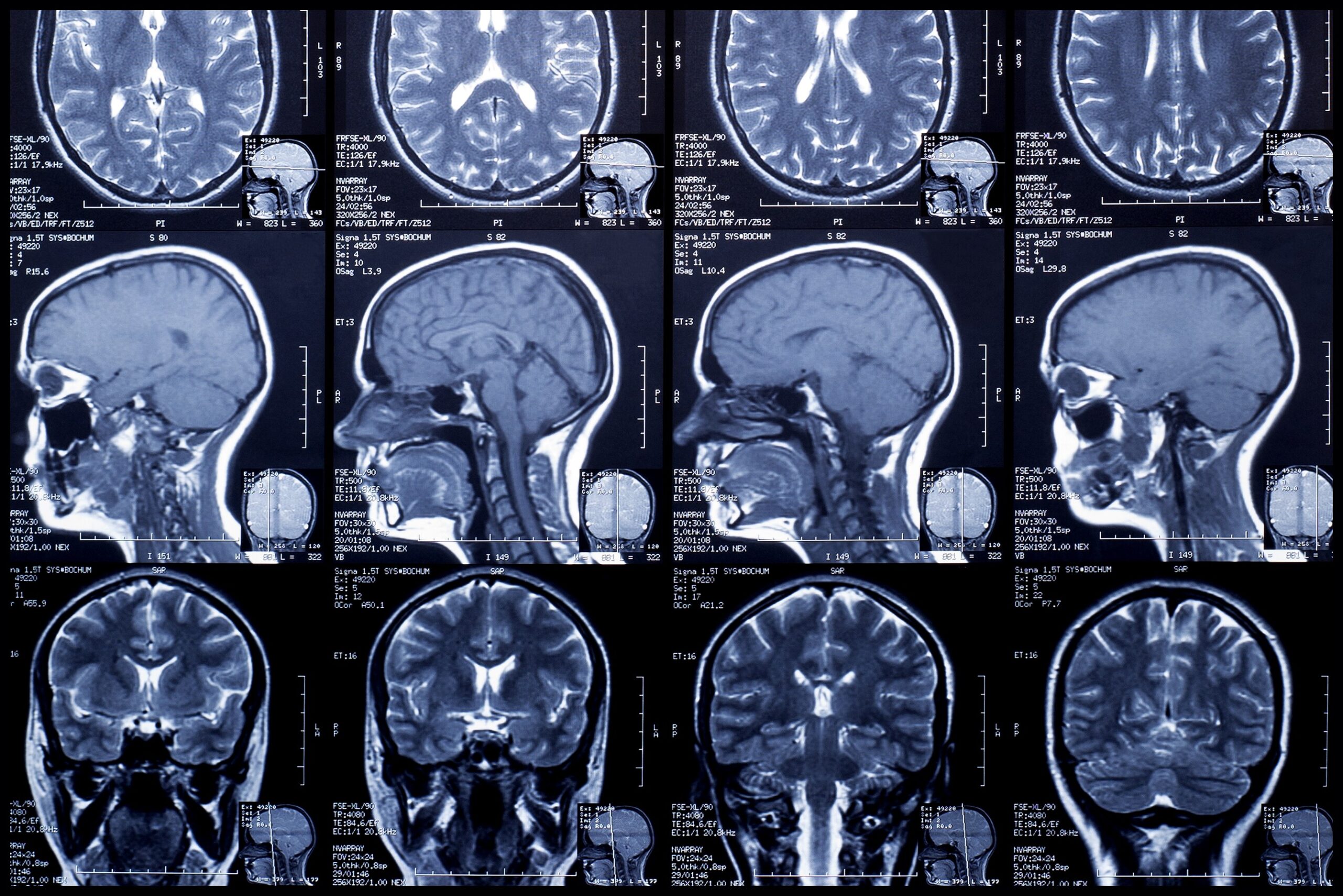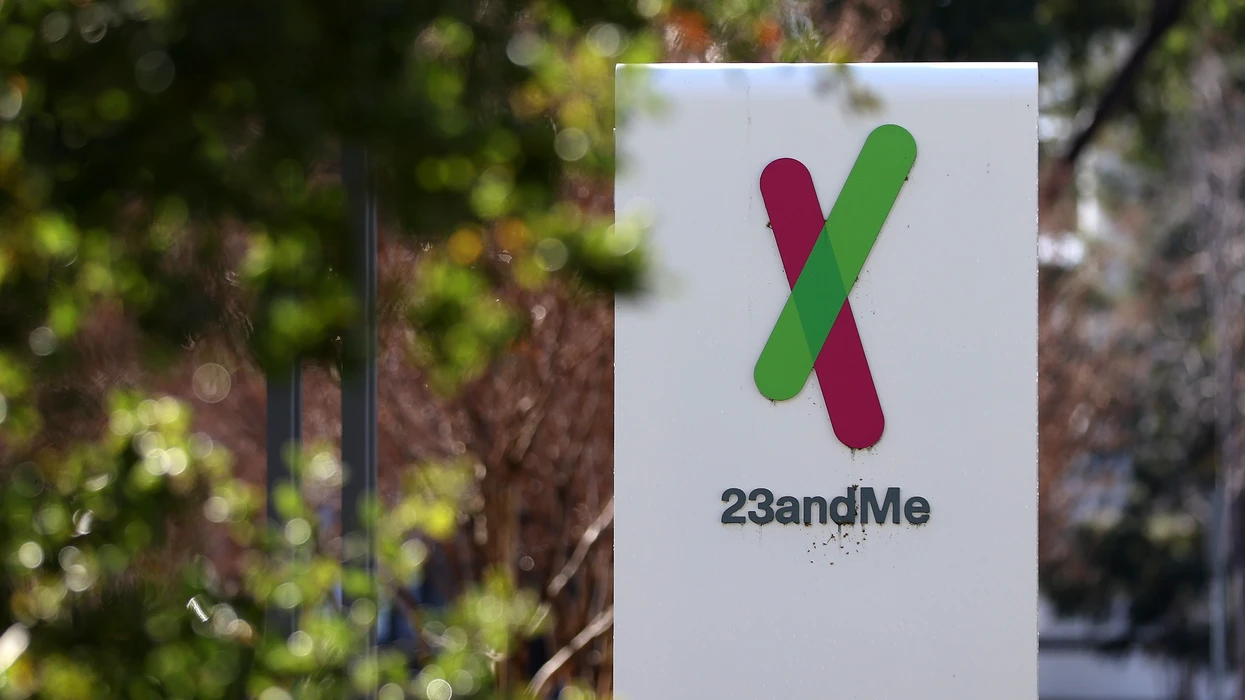A scan that can detect Alzheimer’s disease before memory loss begins is now available in the UAE for the first time.
The amyloid PET scan, recently launched at Cleveland Clinic Abu Dhabi, is a milestone in the region’s fight against neurodegenerative diseases and paves the way for treatment in patients as young as 40.
The advanced diagnostic tool reveals the accumulation of amyloid plaque in the brain. These masses of protein collect on the brain and they are seen as indicators of looming Alzheimer’s.
Crucially, they appear long before symptoms become apparent, meaning treatment can be administered at an earlier stage, which in turn makes the treatment more effective.
“Traditional imaging like MRI or CT scans cannot detect amyloid plaque,” Dr Hanan Sheikh Ibrahim, staff physician at the hospital’s Neurological Institute, told The National.
“This scan, however, can reveal the core pathology and determine if the patient is amyloid-positive. That informs not only the diagnosis, but the treatment.
“If the scan is positive, we know the patient is likely to benefit from the latest plaque-targeting drugs such as donanemab or lecanemab. If the scan is negative, we can rule out Alzheimer’s and look for reversible causes – like vitamin deficiencies, thyroid issues, sleep disorders, or even seizures.”

Using the science
The launch of the scan follows the roll-out of a blood-based biomarker test, announced earlier this year at Abu Dhabi Health Week, which can also predict whether a person is likely to develop Alzheimer’s in the future.
When combined, the two tools allow for precision diagnosis and offer patients the opportunity to begin treatment or lifestyle interventions early.
The scan is used to diagnose mild cognitive impairment (MCI), an early stage of cognitive decline.
It can also help distinguish Alzheimer’s from other forms of dementia such as vascular dementia, frontotemporal dementia, or dementia with Lewy bodies – conditions that can sometimes have overlapping or misleading symptoms.

Earlier is better
“Alzheimer’s can begin 20 years before symptoms appear,” Dr Ibrahim said.
“If we see plaque in someone in their 40s, we can start modifying their risk factors like controlling diabetes, treating sleep apnoea, or improving vascular health. The goal is to delay or even prevent dementia.”
This new approach is a stark contrast to previous decades, when a diagnosis of Alzheimer’s was considered the equivalent of a death sentence.
“In the past, disclosing Alzheimer’s felt like telling someone they had metastatic cancer,” Dr Ibrahim said. “There was no treatment. Now, with better understanding and better tools, we can manage it. Alzheimer’s is becoming more like diabetes – incurable but modifiable. We can slow it down.
“We’ve also pioneered blood-based biomarkers in the UAE, which we’ve been using for the past two years. A blood test alone can sometimes predict Alzheimer’s up to a decade in advance. Combined with the scan, we can offer a much more accurate and earlier diagnosis.”
Who should get checked?
Dr Ibrahim encourages individuals as young as 40 and especially those with high risk factors, to undergo screening.
“If you’re in your mid-40s and have conditions like diabetes, hypertension, obesity, sleep apnoea, or a history of head trauma, you should get assessed,” she said.
“Also, if you’re noticing symptoms or if loved ones are noticing changes – those are red flags.”
Common early signs include:
- Increased forgetfulness or repeating questions
- Trouble with multitasking or decision-making
- Changes in mood, personality, or behaviour
- Mismanaging finances or getting lost while driving
- Decline in cooking skills or personal hygiene
“If loved ones are concerned, you should be concerned,” she said. “In fact, we have screening questionnaires we give to spouses or daughters, who are often the first to notice that something’s not right.”
Not all dementias are the same
Dr Ibrahim also stressed the importance of differentiating between Alzheimer’s and other types of dementia.
“Some forms, like frontotemporal dementia, cause severe behavioural issues, disinhibition, hallucinations, or personality changes. These can progress faster and are harder on families. Alzheimer’s can be more manageable by comparison, especially when caught early.
“Vascular dementia, often caused by uncontrolled blood pressure or diabetes, can sometimes be reversed or slowed by managing those conditions. That’s why getting the diagnosis right is essential.
“We’ve had patients who were thought to have dementia but actually had untreated seizures or sleep apnoea. Once those were treated, their cognition improved.”
Setting a new standard
Cleveland Clinic Abu Dhabi is now working with the Emirati Genome Project and other institutions to improve screening and research across the country.
“We are collaborating with other healthcare facilities to build a national dementia registry to better understand the landscape,” Dr Ibrahim said.
“Right now, I can’t say whether we have more cases than other countries because my clinic is biased – I only see patients with memory issues. But we do have more risk factors such as diabetes, obesity, sleep disorders so we’re certainly more vulnerable.
“With this technology, Abu Dhabi is setting a new standard for dementia care – not just regionally, but globally.”




